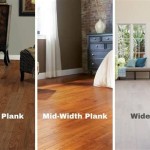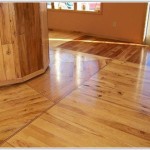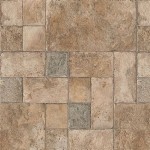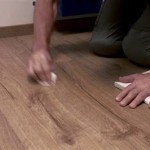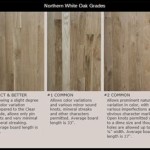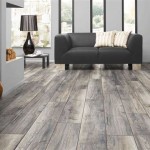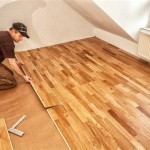The Essential Aspects of Choosing the Best Underlay for Engineered Wood Flooring on Concrete
Transforming your concrete subfloor into a warm and inviting space with engineered wood flooring is a rewarding endeavor. However, selecting the best underlay for this type of flooring is crucial to ensure durability, performance, and overall satisfaction. Here's a comprehensive guide to help you make an informed decision.
Moisture Protection
Concrete floors are prone to moisture, which can damage wood flooring. Choose an underlay with a moisture barrier to prevent moisture from seeping into the engineered wood and causing warping, buckling, or mold growth.
Noise Reduction
Engineered wood flooring can create noise when walked on. An underlay with sound-dampening properties will significantly minimize noise levels, providing a quieter and more comfortable environment.
Heat and Insulation
Concrete is a cold material that can transfer cold temperatures into your home. An underlay that provides insulation will help to regulate the temperature and create a warmer, more comfortable ambiance.
Flattening Imperfections
Concrete subfloors may have imperfections or uneven surfaces. An underlay with a cushioning layer will help to level out these imperfections, creating a smoother and more stable base for the engineered wood flooring.
Compatibility with Radiant Heating
If your home has radiant heating installed, you'll need to choose an underlay that is compatible with this type of heating system. Certain underlays are designed specifically to allow heat to transfer efficiently through the flooring.
Types of Underlays
Various types of underlays are available, each with its own unique properties:
- Cork Underlay: Natural and sustainable, cork underlay provides excellent moisture protection, sound absorption, and insulation.
- Polyethylene Underlay: A cost-effective option, polyethylene underlay offers moisture resistance and sound dampening.
- Rubber Underlay: Durable and long-lasting, rubber underlay provides superior moisture protection and noise reduction.
- Composite Underlay: A combination of materials, composite underlay offers a balance of features such as moisture resistance, sound absorption, and insulation.
Installation Considerations
Correct installation is essential for the effectiveness of the underlay. Follow these guidelines:
- Ensure the concrete subfloor is clean, dry, and level.
- Lay the underlay perpendicular to the direction of the engineered wood flooring planks.
- Overlap the edges of the underlay by at least 6 inches.
- Use tape or staples to secure the underlay to the concrete.
Conclusion
Choosing the best underlay for engineered wood flooring on concrete requires careful consideration of moisture protection, sound reduction, heat insulation, and compatibility with your specific flooring and heating system needs. By following the guidelines outlined in this guide, you can select the ideal underlay that will enhance the durability, performance, and comfort of your new engineered wood flooring.

What Is The Best Underlay For Laminate Wood Flooring Luxury

What Is The Best Underlay For Laminate Flooring Or Engineered Wood Floor

Underlayment Buyer S Guide

Underlayment Buyer S Guide

How To Choose Underlay For Laminate Flooring Blog Floorsave

The Advantages Of Poly Foam Underlay Blog Floorsave

Choosing The Best Underlay For Engineered Wood Flooring Mr Sander

Best Underlayment For A Heated Floor Flooring

How To Choose Laminate Flooring Underlay Tile Merchant

Choosing The Best Underlay For Engineered Wood Flooring Mr Sander
Related Posts

